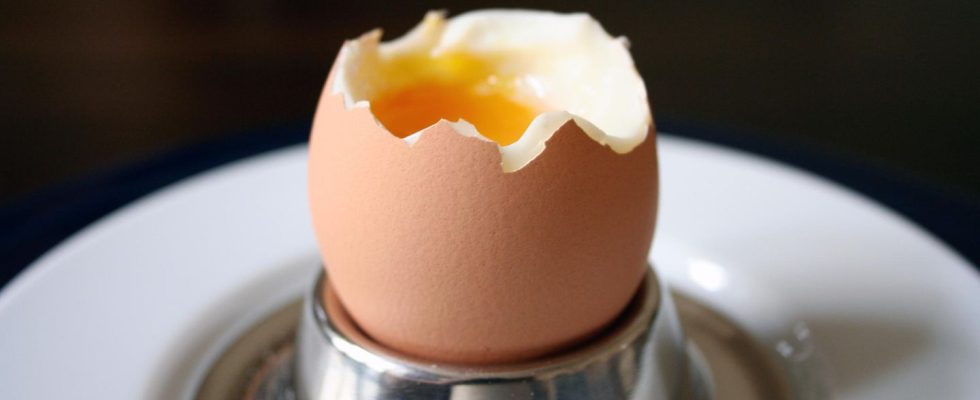Egg, egg, egg
Ökotest lets Aldi eggs rattle through – which you can buy with a clear conscience
Eggs are part of Easter. Ökotest has checked which ones are worth buying
© Panthermedia / Imago Images
Which egg can I buy without feeling guilty? Easter time is egg time. Ökotest has checked which ones are of really good quality and what the animal welfare status is.
A coop full of plucked chickens trampling on each other’s feet and laying eggs in unison in miserable infirmity – everyone knows such horror images of laying hens. In recent years, a lot has happened in terms of husbandry standards and animal welfare in Germany, and some things are loud Eco-test but still room for improvement.
The hens at least have guaranteed freedom of movement when kept free-range and organically, but the space in the coop is still usually limited. And just because shredding chicks has been banned in this country since 2022, that doesn’t mean that the male chicks will live a carefree farm life from now on. Keyword: broiler chickens. So which eggs can you buy with a clear conscience?
Ökotest had eggs from 20 different free-range and organic farms tested in the laboratory. Factors such as animal welfare and transparency were also assessed. The good news first: the content is correct. None of the eggs from retail attracted negative attention due to questionable ingredients such as dioxin. Other damage such as cracks or bleeding were also rare. The majority of products in the comparison therefore perform “very good” or “good”. Points were usually deducted for animal welfare.
Ökotest recommends organic eggs
When it comes to animal welfare, other manufacturers could take the Naturland eggs “‘Ne round thing” and those from Lindengut as an example, according to Ökotest. Both producers work with so-called dual-purpose chickens. Rating: “Very good”. However, that comes at a cost. At 62 and 72 cents each, these are also the most expensive eggs in the test. Much cheaper and still “good” eggs can be found in discount stores, for example at Penny. The “Columbus Fresh Eggs” only cost 23 cents each.
However, two other 23-cent eggs didn’t give the testers any joy – those from the discounters Aldi and Netto. The “From the Country” eggs from Netto have to be satisfied with a “Sufficient” rating; among other things, they showed clear abnormalities in quality parameters. This includes shells contaminated with feces. Ökotest was even more unhappy with the “Landfreude” eggs from Aldi and failed them with “poor”. This was mainly due to a lack of transparency regarding the production processes. Aldi stated that it no longer purchases eggs from this supplier.
You can find the complete egg test for a fee oekotest.de


